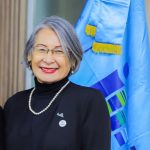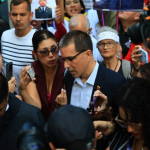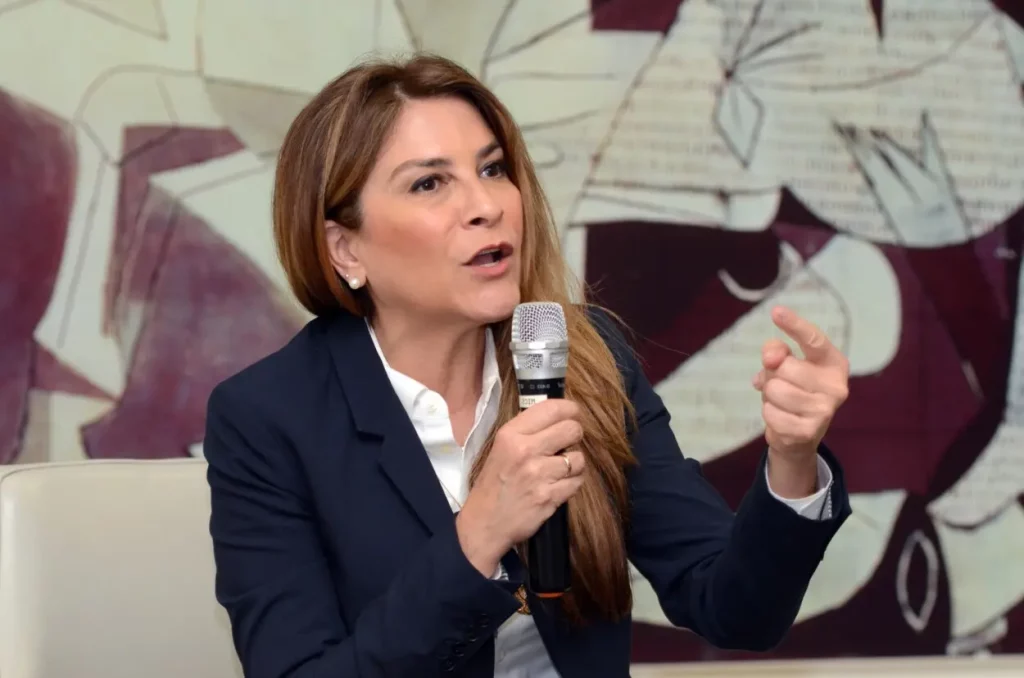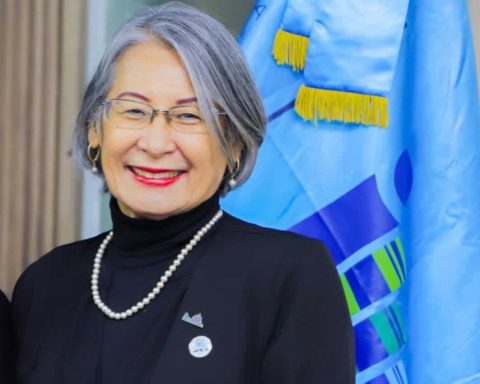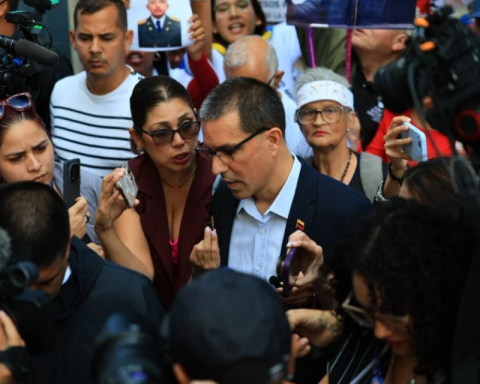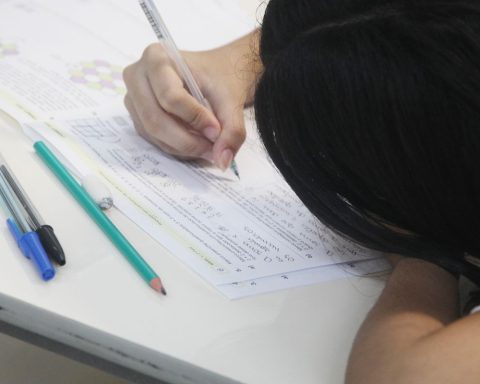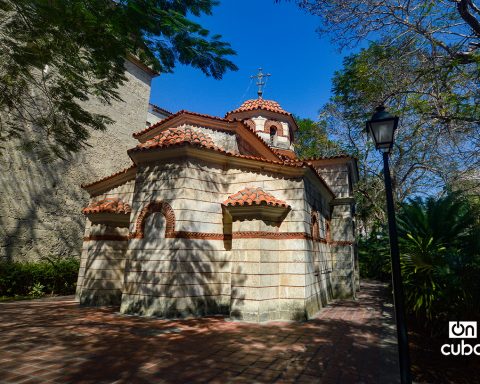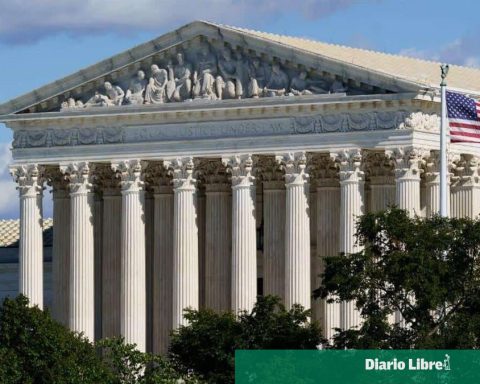L
the big ones Absent from this critical Latin American juncture are the organized peoples, the movements and organizations of those below. The entire stage is occupied by the States and governments, those above, doing geopolitical juggling to protect their interests from the opposing powers that fight for hegemony.
It is not a pleasant scenario at all. Movements that avoid taking sides are right because the defense of life runs on other tracks, despite the fact that those who try to attract crowds that will later be disappointed, as happened after the wars of independence, may not like it. We should learn something from history, and that is what the current conflict is about.
The region appeared deeply divided even before the Venezuelan elections, but now the disagreements are deepening. Milei’s Argentina is waving the flag of subordination to the United States along with several countries, while on the opposite side are the governments of Bolivia, Nicaragua and Cuba. In the middle, Brazil, Colombia and Mexico are seeking mediation without much success.
People have no place in this conflict. Electoral fraud in Venezuela and the non-appearance of voting records are mentioned, but the basics are left aside: the State’s violence against the popular sectors. The 2023 report by Provea (Venezuelan Program for Education-Action in Human Rights) provides tremendous figures on the balance of Nicolás Maduro’s decade in government: between 2013 and 2023, at least 10,085 people were killed by State security agents (https://goo.su/OQxikWN).
It can be argued with complete justification that in many US-allied countries, such as several in the Middle East and particularly Saudi Arabia, human rights defenders are sentenced to prison and discrimination against women is brutal, limitations that do not exist in Venezuela.
The truth is that geopolitics crushes peoples and movements, condemning them to a conceptual and political prison. As the logic of the blocks is being imposed (global North and global South, for example), those who do not join one of the sides disappear from the mainstream media.
Those on the right who denounce allied countries of China and Russia as authoritarian and violating human rights should consider what is happening in the United States. Police kill more than a thousand people each year, between three and four people each day. The database of The Washington Post says that More than half of the people shot and killed by police are between 20 and 40 years old
and that a black person is twice as likely to die as a result of police action (https://goo.su/KJ1DG). Besides, US police have killed people at a rate three times higher than in Canada and 60 times higher than in England
highlights the statistics portal statista.com (https://goo.su/FVUFxdR).
As we have seen in the Venezuelan case, progressives do not come out well either, to which we must add the permanent violence and aggression against various minorities in Russia and China, as well as restrictions on social movements.
As we enter the most critical moments of the transition from a unipolar to a multipolar world, the possibilities of conflicts being resolved through wars are increasing. Neither in Ukraine nor in Russia are social and popular movements able to express themselves. In Europe, where movements have played a significant role in the past, warlike polarization and an undeclared state of exception often limit the possibilities of demonstrating and protesting. A state of exception is the rule in militarized Latin America.
There are very few peoples and movements that continue to resist and build in the midst of increasing militarization. The EZLN in Chiapas, the autonomous Mapuche groups in southern Chile and Argentina, the indigenous and black peoples of Cauca in Colombia, and various Amazonian peoples in Peru and Brazil, as well as brave and determined communities in many corners of our Latin America.
Each one with their own and different ways and times, but all in the collective defense of the territory. It is no coincidence that the collectives that opted for autonomy are the ones who are resisting the war of dispossession on the front line, as the Guaraní and Kaiowá are doing these days in Douradina, Mato Grosso do Sul, confronting the agribusiness militias with their bodies and spirits, as Teia dos Povos has been denouncing (https://goo.su/QyFzK).
The impression is that only very well-organized peoples and social sectors, rooted in territories and neighborhoods, anchored in long memories and powerful identities, will be able to resist the attacks of capital and states without allying themselves with any of the warring sides.





